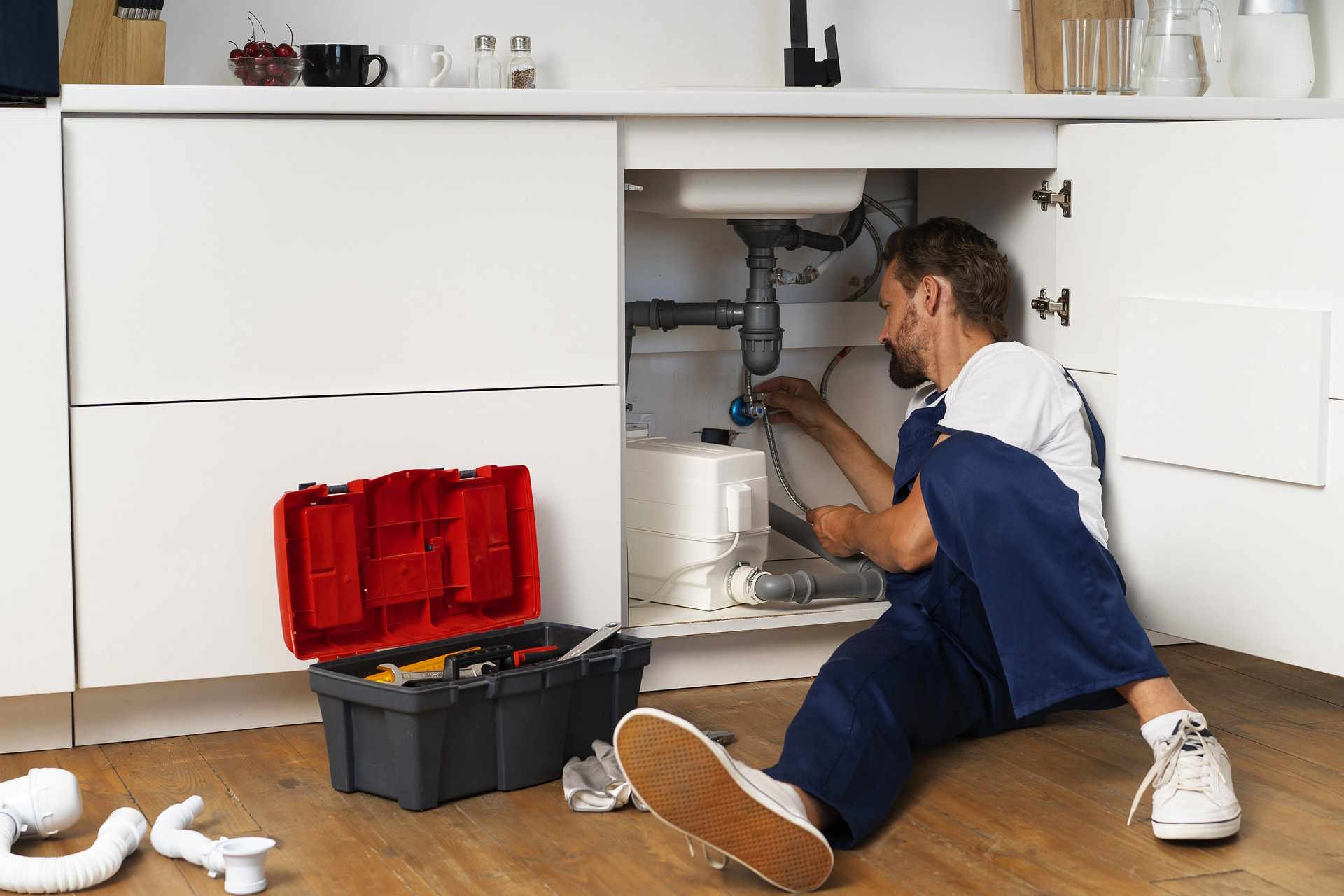Training Programs for Aspiring Plumbers – Ottawa
In Ottawa, individuals interested in pursuing a career in the plumbing field can benefit from specialized training programs. These programs provide foundational knowledge and practical skills essential for success in plumbing. Participants will engage in hands-on learning experiences that prepare them for the various challenges encountered in the industry.

The plumbing industry in Ottawa continues to experience steady growth, creating opportunities for skilled professionals who complete proper training programs. Whether you’re considering a career change or starting fresh in the trades, understanding the available educational pathways can help you make informed decisions about your professional future.
Understanding the Basics of Plumbing Training in Ottawa
Plumbing training programs in Ottawa typically begin with fundamental concepts including water systems, drainage principles, and basic pipe fitting techniques. Students learn about different materials such as copper, PVC, and PEX piping, along with their appropriate applications. The curriculum covers essential topics like blueprint reading, local building codes, and safety regulations that govern plumbing work in Ontario. Most programs also introduce students to modern tools and equipment used in residential and commercial plumbing installations.
Essential Skills Acquired Through Comprehensive Training Programs
Comprehensive plumbing training develops both technical and practical competencies essential for success in the field. Students master pipe cutting, joining, and installation techniques while learning to troubleshoot common plumbing problems. The programs emphasize safety protocols, proper tool usage, and customer service skills that prove valuable in professional settings. Additionally, trainees gain experience with fixture installation, water heater maintenance, and emergency repair procedures that form the foundation of plumbing work.
Pathways to a Career in the Plumbing Industry
Several educational routes lead to plumbing careers in Ottawa, each offering distinct advantages. Community colleges provide structured programs lasting 8-12 months, combining classroom instruction with workshop practice. Private trade schools offer accelerated courses that can be completed in shorter timeframes. Some students choose pre-apprenticeship programs that prepare them for direct entry into apprenticeships with established plumbing contractors. Each pathway ultimately leads to the same goal: eligibility for apprenticeship programs registered with the Ontario College of Trades.
| Program Type | Institution | Duration | Cost Estimation |
|---|---|---|---|
| Diploma Program | Algonquin College | 10 months | $3,500-$4,500 |
| Certificate Program | Herzing College | 6 months | $12,000-$15,000 |
| Pre-Apprenticeship | YMCA-YWCA | 16 weeks | $2,800-$3,200 |
| Private Training | Various Schools | 3-8 months | $5,000-$10,000 |
Prices, rates, or cost estimates mentioned in this article are based on the latest available information but may change over time. Independent research is advised before making financial decisions.
After completing initial training, graduates typically enter four-year apprenticeship programs where they work under experienced journeypersons while continuing their education. The apprenticeship combines on-the-job training with classroom instruction, gradually increasing responsibilities as skills develop. Apprentices must complete specific hour requirements and pass examinations to advance through each level of training.
Successful completion of apprenticeship programs leads to certification as a journeyperson plumber, opening doors to various career opportunities. Certified plumbers can work for established companies, start their own businesses, or specialize in areas such as commercial plumbing, heating systems, or green technology installations. The skills acquired through proper training programs provide a solid foundation for long-term career success in Ottawa’s growing construction and maintenance sectors.
Prospective students should research program requirements, application deadlines, and financial aid options when selecting training programs. Many institutions offer information sessions and facility tours to help candidates understand program expectations and career prospects. The investment in quality plumbing education typically pays dividends through stable employment opportunities and competitive compensation in the skilled trades sector.




